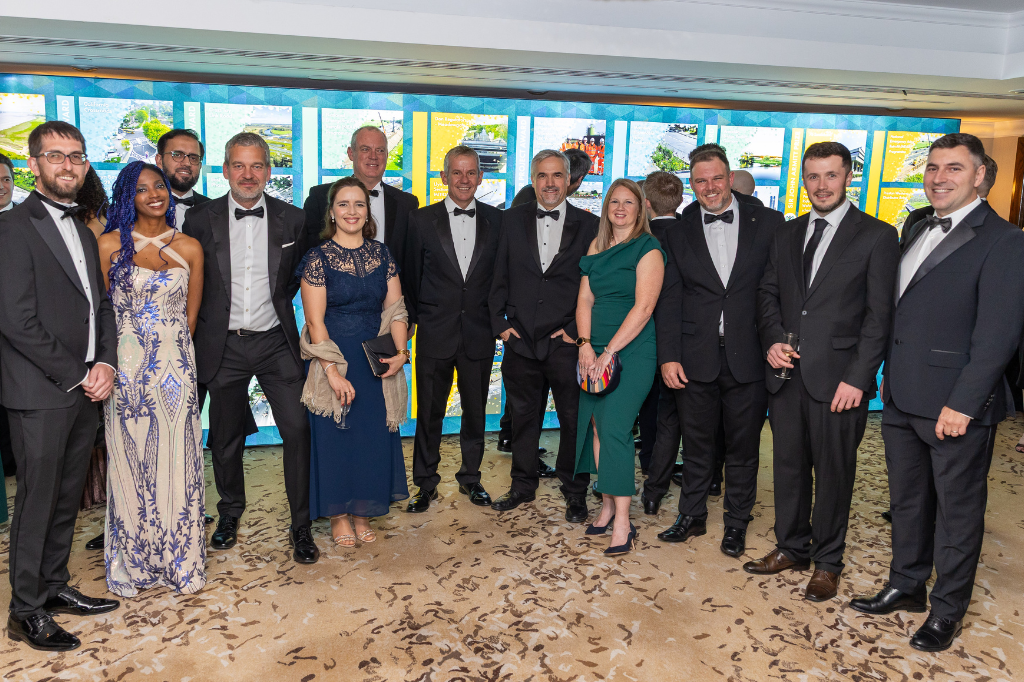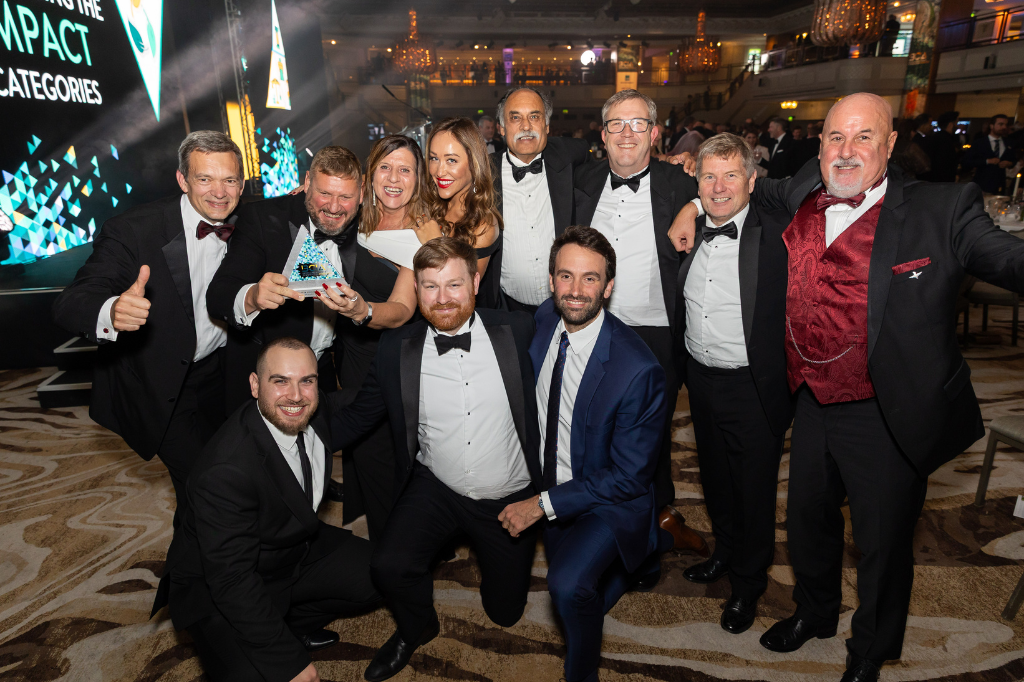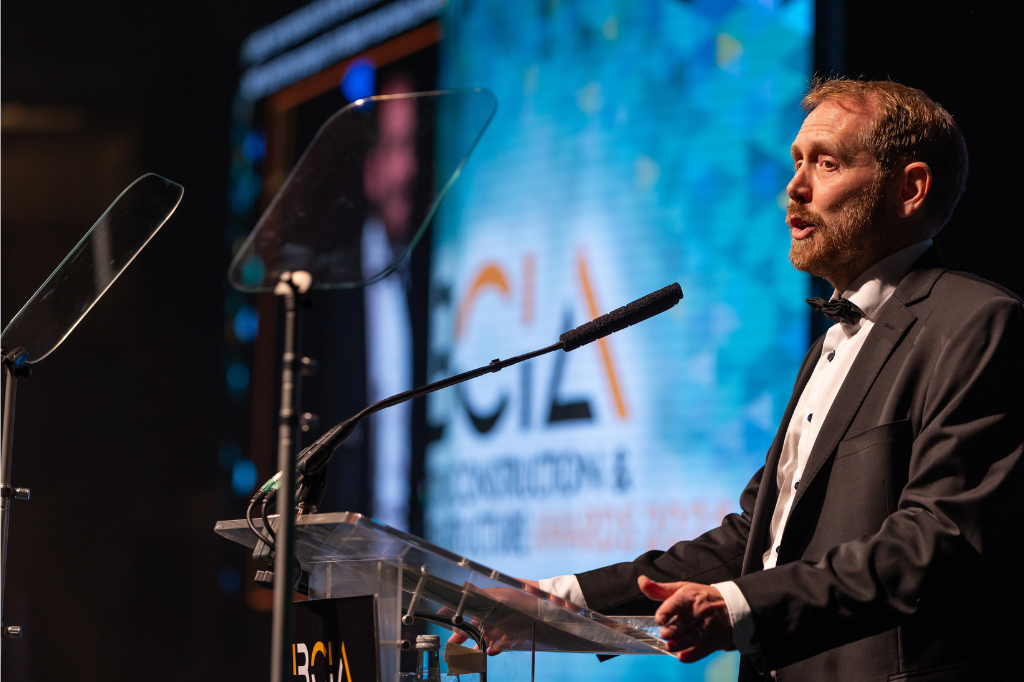
14 October 2026 | JW Marriott Grosvenor House Hotel
British Construction & Infrastructure Awards 2026 | Entries are now open
The Awards for 2026 are returning for their 39 th year, and it's free to enter*. They celebrate and honour the outstanding contributions of the British construction industry to society. This industry not only delivers transformative buildings and infrastructure that enhance lives and fuel economic growth, but also creates exceptional job opportunities and careers, fosters strong community relationships, drives innovation, and champions the low-carbon agenda. Taking place on Wednesday 14 October 2026 at the JW Marriott Grosvenor House Hotel, London, they continue to be the most prestigious awards for the industry.
The Most Prestigious Awards in the Built Environment
Brought to you by the Institution of Civil Engineers (ICE) and New Civil Engineer , the British Construction & Infrastructure Awards are the most prestigious awards in the built environment sector that seek to recognise and reward excellence in project delivery and, crucially, delivering positive outcomes for society. These awards also celebrate the hard work and dedication of the whole project team – from clients, architects, designers, and contractors.
There are 24 prestigious award categories for you to enter, all judged by our independent panel of 100+ expert judges, who ensure integrity and rigour in our awards process.
Elevate your achievements above the competition. Gain invaluable recognition and benchmark your excellence against the very best in the built environment. Make the most of this incredible opportunity and submit your entry by Friday, 15 May 2026 (*Enter by 1 May 2026 for free).
The Sir John Armitt Prize: Back for its Second Year
We are delighted to welcome back the Sir John Armitt Prize for its second year. This prestigious prize recognises projects that surpass objectives, satisfy clients, and deliver significant benefits to end-users and stakeholders. Winners embody industry excellence, showcasing what projects can achieve at their very best. This Prize continues to covet national media attention. Click here to watch Sir John Armitt introduce this award.

This prestigious prize recognises projects that surpass objectives, satisfy clients, and deliver significant benefits to end-users and stakeholders.

13 categories to celebrate the very best projects – categories that shine a light on projects that go beyond delivery, showing how construction and infrastructure can genuinely improve lives.

6 categories that focus on the impact you have as professionals – designed to highlight best practice, showcasing the people and teams who set the standard when it comes to delivering great outcomes.

Enter for free by 1 May 2026. After this time, you still have two weeks to enter but entry costs £399 + vat through to 15 May 2026.
Countdown to Entry Deadline
Why you should enter?
Stand out in the industry’s most prestigious awards - independently and rigorously judged to recognise true excellence in the built environment
Which categories to enter?
Explore the 23 award categories that celebrate excellence across the built environment.
Enter Now for free
Start writing your entry now! Remember you don’t have to submit your entry right away, you have up until Friday 15 May (*Enter by 1 May 2026 for free)


